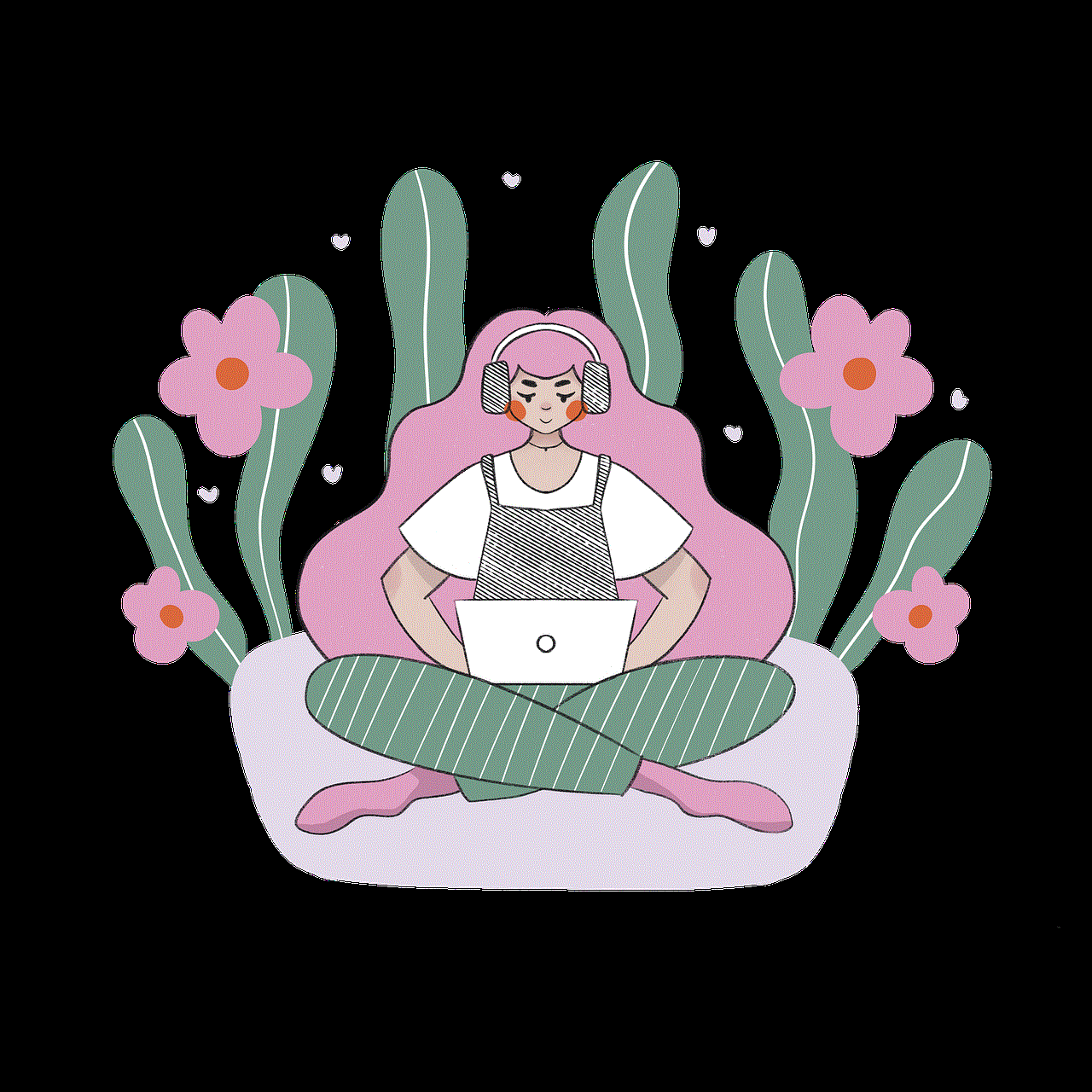tool urban dictionary
Urban Dictionary is a popular online crowdsourced dictionary that was founded in 1999. It allows users to submit definitions for slang words and phrases that are commonly used in everyday language. The website has become a go-to source for understanding modern slang and has even influenced the way we communicate. It has become a cultural phenomenon and is used by people all around the world. In this article, we will explore the history of Urban Dictionary, its impact on society, and some of the most interesting entries found on the website.
The idea for Urban Dictionary was conceived by Aaron Peckham, a computer science major at California Polytechnic State University. He created a website called “Urban Dictionary” as a way to document and define slang words that were not found in traditional dictionaries. The website was initially a hobby for Peckham, but it quickly gained popularity among his peers and eventually grew into a global phenomenon.
The first definition ever posted on Urban Dictionary was for the word “bootylicious,” defined as “a word made famous by Destiny’s Child; an extremely good looking woman.” This entry set the tone for what was to come – a mix of pop culture references and witty definitions that reflected the language used by young people.
As the website gained traction, more and more people started submitting their own definitions, and soon enough, Urban Dictionary became the go-to source for understanding the ever-changing language of the streets. It is now a well-known fact that the words and phrases found on Urban Dictionary eventually make their way into mainstream language.
One of the most significant impacts of Urban Dictionary is that it has helped bridge the gap between generations. Slang terms that were previously only used by young people are now understood by people of all ages, thanks to the platform. This has led to a better understanding and communication between different age groups and has made the language more inclusive.
The website has also become a platform for social commentary. Many definitions on Urban Dictionary are not just about the words themselves, but about the societal issues that they represent. For example, the definition for “manspreading” not only explains the term but also discusses the concept of male privilege and how it manifests in public spaces.
Urban Dictionary has also played a significant role in shaping internet culture. The website is not just limited to words and phrases used in spoken language, but it also includes internet slang and memes. In fact, many of the popular internet memes and phrases that we use today can be traced back to Urban Dictionary. For instance, the term “YOLO” (you only live once) was first defined on the website in 2008, long before it became a viral sensation.
The website has also become a platform for self-expression and creativity. Many people submit their own made-up words and phrases to Urban Dictionary, and some of them have even gained widespread usage. For example, the word “hangry” (a combination of hungry and angry) was first defined on Urban Dictionary in 2006 and has since been added to mainstream dictionaries.
One of the most interesting things about Urban Dictionary is that it is entirely crowd-sourced, and anyone can submit a definition. This has led to some hilarious and absurd entries on the website. Some of the most popular ones include “bae” (before anyone else), “lit” (describing something as exciting or excellent), and “savage” (someone who is fierce and unapologetic).
However, with its increasing popularity, Urban Dictionary has also faced criticism for the questionable content found on the website. Due to its open submission policy, anyone can add a definition, and this has led to some entries containing offensive and inappropriate content. The website has since implemented a moderation system, but it is still not foolproof.
Despite the controversy, Urban Dictionary continues to thrive and has even expanded into other forms of media. In 2016, they released a book called “Urban Dictionary: The Party Game of Slang,” which allows players to guess the definition of slang words and phrases. They have also collaborated with brands and celebrities to create limited edition merchandise featuring popular terms from the website.
In conclusion, Urban Dictionary has revolutionized the way we understand and use language. It has become a cultural phenomenon and has impacted the way we communicate with each other. From bridging the generation gap to being a platform for self-expression and creativity, Urban Dictionary has proved to be more than just a dictionary. It has become a reflection of our society and its ever-evolving language. Whether you love it or hate it, there’s no denying the impact Urban Dictionary has had on our culture.
what do lol mean in text
In today’s fast-paced and technology-driven world, communication has evolved and taken on various forms. One of the most popular forms of communication, especially among the younger generation, is texting. With the rise of social media platforms and messaging apps, texting has become an integral part of our daily lives. As a result, new abbreviations and acronyms have emerged to make texting more efficient and convenient. One such acronym that has gained widespread usage is “lol.” In this article, we will explore the meaning of “lol” in text, its origin, and its impact on communication.
The acronym “lol” stands for “laugh out loud,” and it is commonly used in text messages, social media posts, and online conversations. It is used to indicate amusement, humor, or a sense of being entertained. When someone uses “lol” in a conversation, it is an indication that they found something funny or amusing. It is also used to lighten the mood of a conversation and add a sense of informality and lightheartedness.



The origin of “lol” can be traced back to the early days of the internet. In the 1980s and 1990s, when online communication was still in its infancy, users needed a way to express laughter or amusement in text-based conversations. As a result, “lol” was born. It was initially used in online chat rooms and forums, but with the rise of text messaging and social media, it quickly spread to other forms of communication.
The popularity of “lol” can be attributed to the fact that it is short, easy to type, and universally understood. Unlike other abbreviations, which may vary in meaning depending on the context, “lol” has a clear and straightforward meaning. It has become a part of our everyday language, and it is not uncommon to see it used in professional emails, online articles, and even in face-to-face conversations.
The use of “lol” has also had a significant impact on communication. It has made it easier for people to express themselves and convey emotions that may be difficult to express in words. In the past, people had to rely on emoticons or punctuation marks, such as a smiley face or exclamation marks, to indicate laughter or amusement. However, with “lol,” a simple three-letter abbreviation is enough to convey the intended emotion.
Moreover, “lol” has also contributed to the evolution of language. Just like any other language, English is constantly evolving, and new words and phrases are being added to the dictionary every year. The widespread usage of “lol” has led to its inclusion in the Oxford English Dictionary in 2011. It is a testament to the impact that this simple acronym has had on communication and language as a whole.
While “lol” is widely used and understood, it has also faced some criticism. Some argue that its overuse has led to a decrease in the quality of communication. With the rise of texting and social media, people have become accustomed to using short and informal language, which may not be appropriate in all situations. For instance, using “lol” in a professional email may come across as unprofessional and may undermine the message’s seriousness.
Furthermore, the use of “lol” has also led to miscommunication and misunderstandings. As mentioned earlier, the meaning of “lol” is clear and straightforward. However, it can also be interpreted differently depending on the context and the relationship between the sender and the receiver. For example, someone may use “lol” sarcastically, which can be misinterpreted as a genuine laugh. This can lead to confusion and even arguments in some cases.
In recent years, the usage of “lol” has also evolved and expanded. Instead of just using it to indicate laughter, people now use it in different ways. For example, “lol” can also be used to indicate embarrassment or awkwardness in a conversation. It is also used as a filler word, similar to “um” or “uh,” to indicate a pause in the conversation or to avoid an awkward silence.
Another variation of “lol” that has emerged is “lmao,” which stands for “laughing my ass off.” It is used to indicate extreme amusement or hilarity and is often used in response to something extremely funny. Similarly, “rofl” stands for “rolling on the floor laughing” and is used to indicate that someone is laughing uncontrollably.
In conclusion, “lol” has become an integral part of our communication, and its impact cannot be ignored. It has made communication more efficient, convenient, and expressive. However, like any other form of communication, it also has its drawbacks. Its overuse and potential for misinterpretation may hinder effective communication in some cases. Nonetheless, it is safe to say that “lol” is here to stay, and it will continue to evolve and adapt as language does. So, the next time you receive a text with “lol” in it, remember that it is not just a simple acronym; it is a symbol of the ever-changing nature of communication.



what ugh mean in text
The use of slang and abbreviations has become increasingly popular in modern communication, particularly in text messaging. One such abbreviation that is commonly used is “ugh”. But what does “ugh” actually mean in text? In this article, we will delve into the origins and meaning of this popular term and explore its usage in different contexts.
To begin with, the term “ugh” is often used as an expression of disgust or frustration. It is typically used to convey a feeling of annoyance or disappointment towards a particular situation or person. The term is believed to have originated from the sound one makes when they are exasperated or irritated. However, the term has evolved over time and is now used in a variety of contexts.
One of the earliest known uses of “ugh” can be traced back to the 19th century, where it was used as an interjection to express disgust or aversion. It was commonly used in literature, particularly in works of humor and satire. For instance, in the novel “The Adventures of Huckleberry Finn” by Mark Twain, the character Huck says “Ugh! I don’t want to hear no more about it.” This usage of “ugh” as an expression of disgust was also seen in other works of literature such as “Pride and Prejudice” by Jane Austen and “A Tale of Two Cities” by Charles Dickens.
In the early 20th century, the term “ugh” started to gain popularity in colloquial speech. It was used as a slang term to express annoyance or frustration. This usage can be seen in the writings of F. Scott Fitzgerald, who used the term in his novel “This Side of Paradise” published in 1920. In one instance, the character Amory exclaims “Ugh! This is a dull party.” This usage of “ugh” as a slang term spread quickly and became a common expression in everyday conversations.
As technology advanced and text messaging became a popular mode of communication, the term “ugh” found its way into the digital world. In text messaging, “ugh” is often used to express a feeling of annoyance or frustration towards a particular message or situation. It is commonly used as a response to a message that is perceived as irritating or unpleasant. For example, if someone sends a long and tedious text message, the recipient might respond with “Ugh, that was too long to read!” Similarly, if someone shares bad news, the recipient might respond with “Ugh, that’s terrible!”
In addition to its usage in expressing frustration or annoyance, “ugh” has also taken on a new meaning in recent years. It is now commonly used as a slang term to convey a feeling of disappointment or disapproval towards someone or something. This usage is often seen on social media platforms, where users express their opinions and reactions to various events and situations. For instance, if someone makes a controversial statement, people might respond with “Ugh, I can’t believe they said that!” This usage of “ugh” has become particularly popular among younger generations, who use it to express their disappointment or disagreement with something.
Another context in which “ugh” is used is to convey a feeling of exhaustion or tiredness. In this context, “ugh” is often used as an interjection to express a state of physical or mental fatigue. This usage can be seen in conversations such as “Ugh, I am so tired after work today” or “Ugh, I have so much homework to do.” It is also commonly used to express a feeling of being overwhelmed or stressed out. This usage of “ugh” reflects the fast-paced and demanding nature of modern life, where people often feel drained and exhausted.



Apart from its various meanings and usages, “ugh” has also become a popular hashtag on social media platforms. It is often used as a hashtag to express a wide range of emotions, from frustration and disappointment to exhaustion and stress. The hashtag #ugh is commonly used on Twitter , Instagram , and other social media platforms, particularly among the younger generation. It has become a way for people to express their emotions and connect with others who share similar feelings.
In conclusion, the term “ugh” has come a long way since its early origins in literature. From being a simple expression of disgust and aversion, it has evolved into a versatile term that is used in various contexts. Today, “ugh” is commonly used in everyday conversations, text messaging, and on social media platforms to express a wide range of emotions, from frustration and annoyance to disappointment and exhaustion. It has become an integral part of modern communication and reflects the ever-changing nature of language. So the next time you see or use the term “ugh”, remember its rich history and the many meanings it holds.

